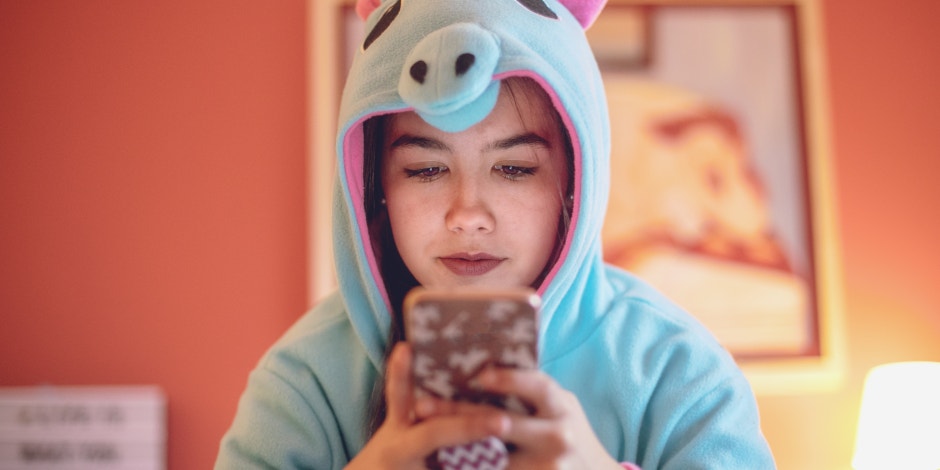The Biggest Sign You're Totally Dependent On Facebook
Yikes.
 Getty
Getty I have friends who aren't on Facebook.
They don't have an account: no profile picture, no sharing, and no staying in touch with friends and family via social media. I can't even imagine a life without Facebook.
My non-Facebook friends like to pretend that they're so much better off not being attached to Facebook, but when a celebrity dies or something equally as newsworthy happens, they find out hours after I've seen it posted.
Some people (like me) are constantly on Facebook updating, sharing, seeing the response to a post or playing games.
If Facebooking is a big part of your day, you may be Facebook-dependent, but the good news is that being Facebook-dependent might not be a bad thing.
Amber Ferris, one of the authors of the study "A Uses and Gratifications Approach to Exploring Antecedents to Facebook Dependency" says that the more people use Facebook to fulfill their goals, the more dependent on it they become.
Now, there's a difference between being dependent and being addicted.
Dependency and addiction originate in different parts of the brain.
When talking about drugs, dependence involves the mind or body adapting to a drug and needing larger and larger amounts of it to experience the same results; addiction is when a person can't stop using the drug and fails to live a normal life socially, financially and emotionally.
Social media can activate both the addiction and dependency aspects of the brain.
The study examined 301 participants between the ages of 18 and 68 who used Facebook and posted at least once a month.
The subjects who thought that Facebook helped them improve themselves in some way — such as making new friends, getting attention from others, or getting motivation to meet new goals and challenges — were considered more Facebook-dependent than others.
In addition, people who posted on Facebook and counted on feedback or affirmations from others to understand themselves better specifically matched this dependency definition.
"They might post that they went to the gym.
Maybe they'll share a post expressing a certain political stance or personal challenge they're facing," said Ferris. "They rely on feedback from Facebook friends to better understand themselves."
If you go on Facebook and rely on it to help you reach your goals and increase your self-esteem, that's the overwhelming sign you're Facebook-dependent.
And if it's truly helping you, that's a good dependency to have. But if you never go on Facebook, you might be missing out.
Christine Schoenwald is a love and entertainment writer.

